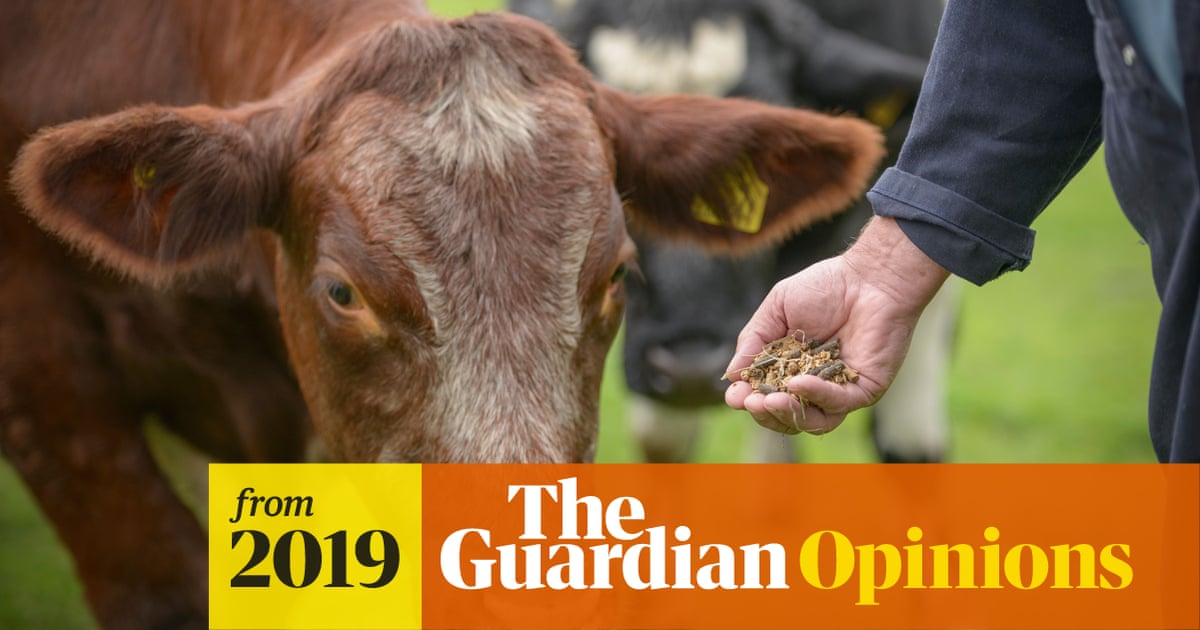two things to consider here though also - methane from cattle farming, and the actual productivity of the land.Land set aside for grazing by animals is generally more biodiverse than land used for crop growing, and is less intensively farmed.
e.g. if you can produce twice as much food per acre (figure literally plucked out of the air) off market gardening, a trite argument would be to stop producing beef, and set half your total land aside for ecological purposes. beef is not exactly an efficient way of turning natural resources into food.
